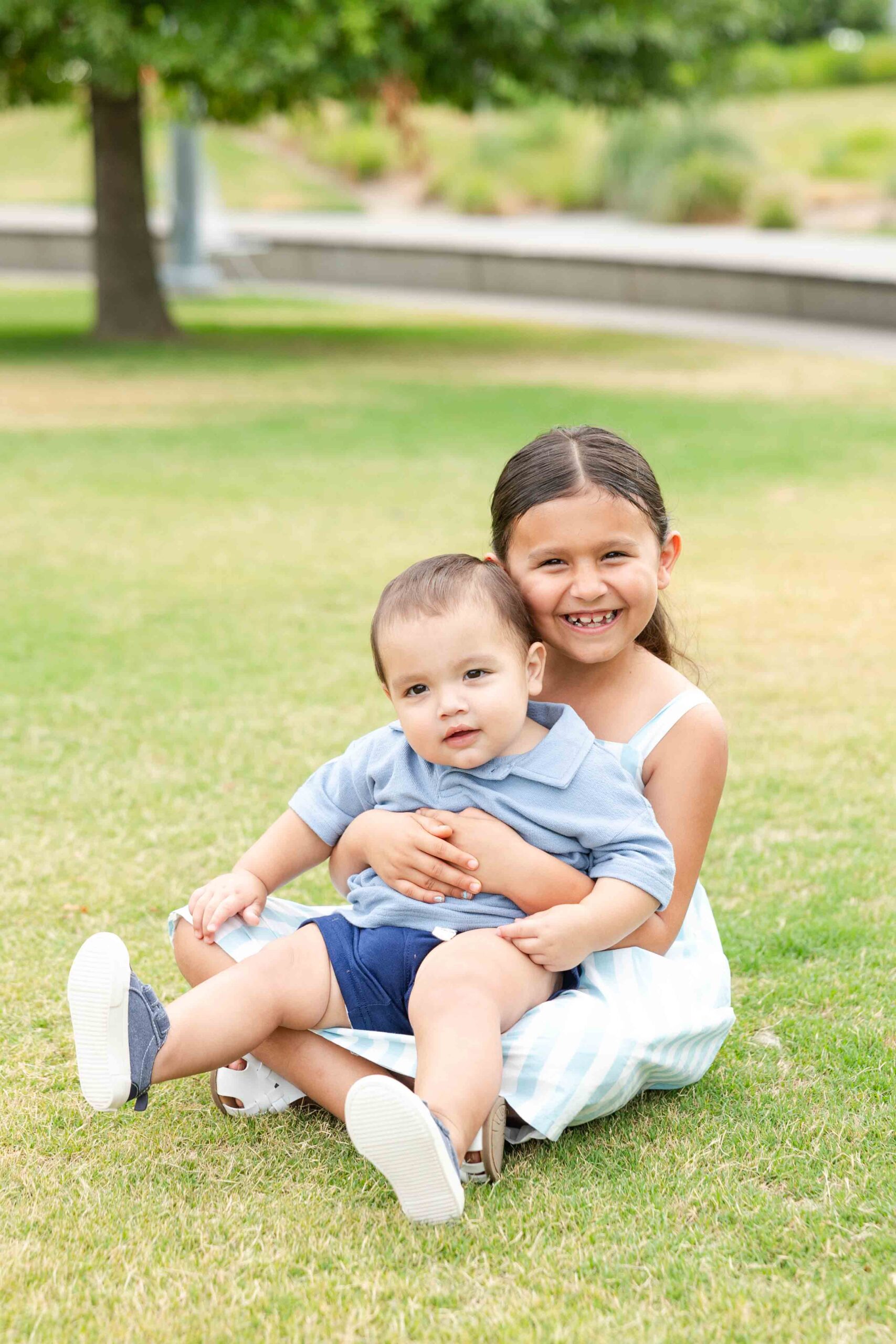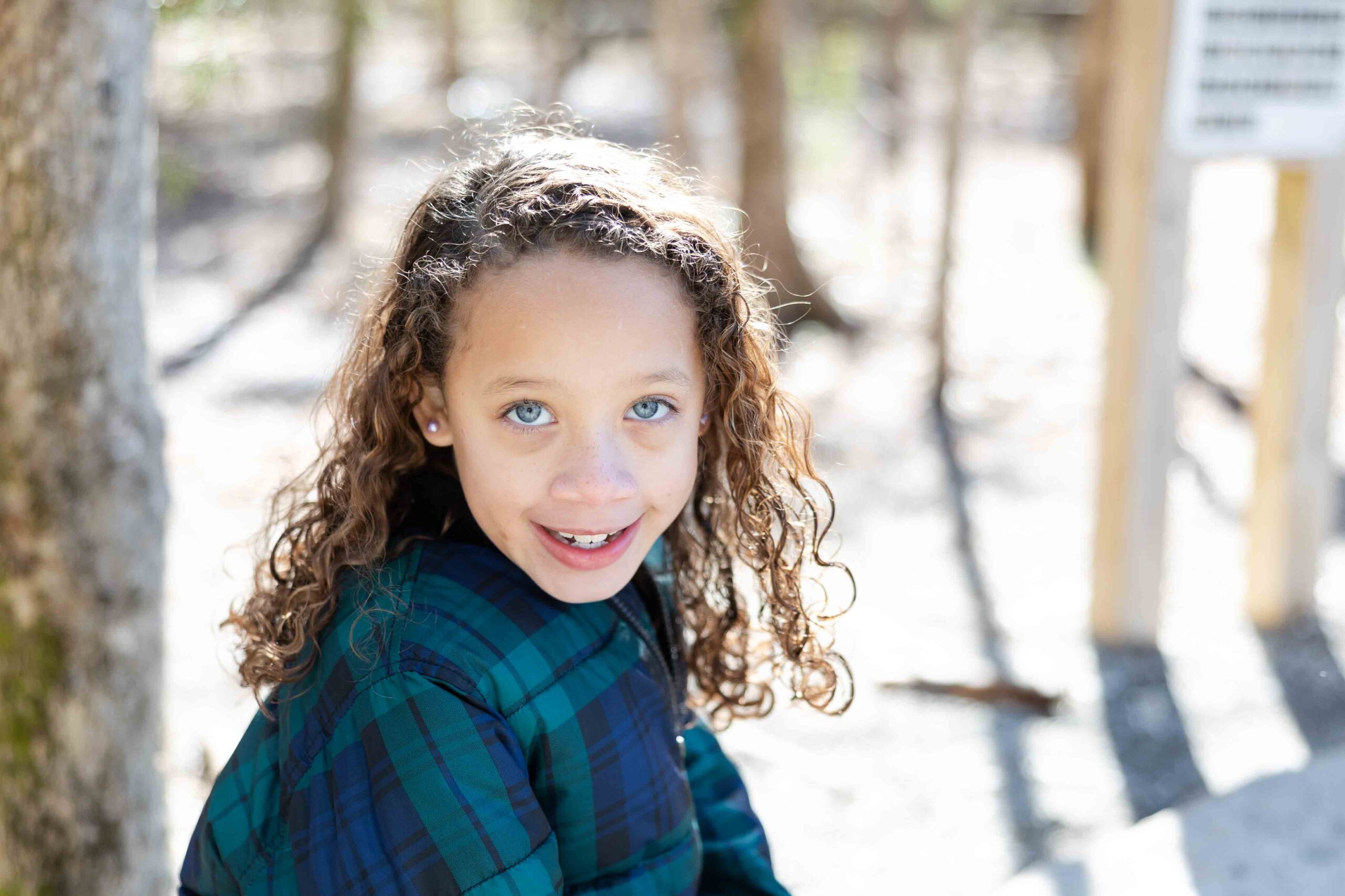The EarlyWell Initiative works with parents and families, health practitioners, care providers, and community leaders to advance public policies to improve the landscape around infant and child mental health in North Carolina.
Stay up to date and get involved in all things EarlyWell by joining our newsletter.
The EarlyWell Coalition is focused on policy priorities that strengthen mental health support for infants, toddlers, and children aged 0-8 and families in North Carolina. EarlyWell advocates for bipartisan policies that are data informed and community driven.
The EarlyWell Coalition is dedicated to reducing silos within the social emotional health space for children and families. To do this, we always ask, who is missing from the conversation? Please fill out the survey if you know of individuals/organizations or coalitions that you think would be beneficial for the EarlyWell Coalition.

We are seeking organizations to partner with to host in-person educational events surrounding Kinship Care in North Carolina. If you or your organization are interested in a partnership opportunity, please fill out the survey below.


See the most frequently asked questions about young children’s mental health.
EarlyWell has a distinct focus on enriching the landscape of mental health resources for children ages 0-8. The pursuit of this work also involves educating parents, care providers, and older kids about what mental health resources exist and what is available in their community.
Public policy allows a wide range of stakeholders to work together, problem solve, and improve outcomes for their communities. The nonpartisan EarlyWell Initiative focuses on bringing together government agencies, legislative leaders, healthcare professionals, and families in a collaborative process to move the needle on policies that can improve health outcomes for North Carolina’s children.
EarlyWell focuses on bipartisan state level legislative and administrative policies.
Infant and child mental health is important because it is critical to the development of key social and emotional skills, such as establishing health connections, managing and understanding emotions, and developing healthy coping mechanisms. A strong mental health foundation in early childhood helps children grow into healthy, resilient adults. As rates of anxiety, depression, and suicide are rising in some of our state’s youngest residents, it is crucial that we provide resources, opportunities, and education early on to support child mental health and set our kids up for success.
The EarlyWell Initiative is operated in partnership with the North Carolina Early Childhood Foundation (NCECF). You can learn more about NCECF and access additional reports, resources, and information on the EarlyWell Initiative by visiting their website.
